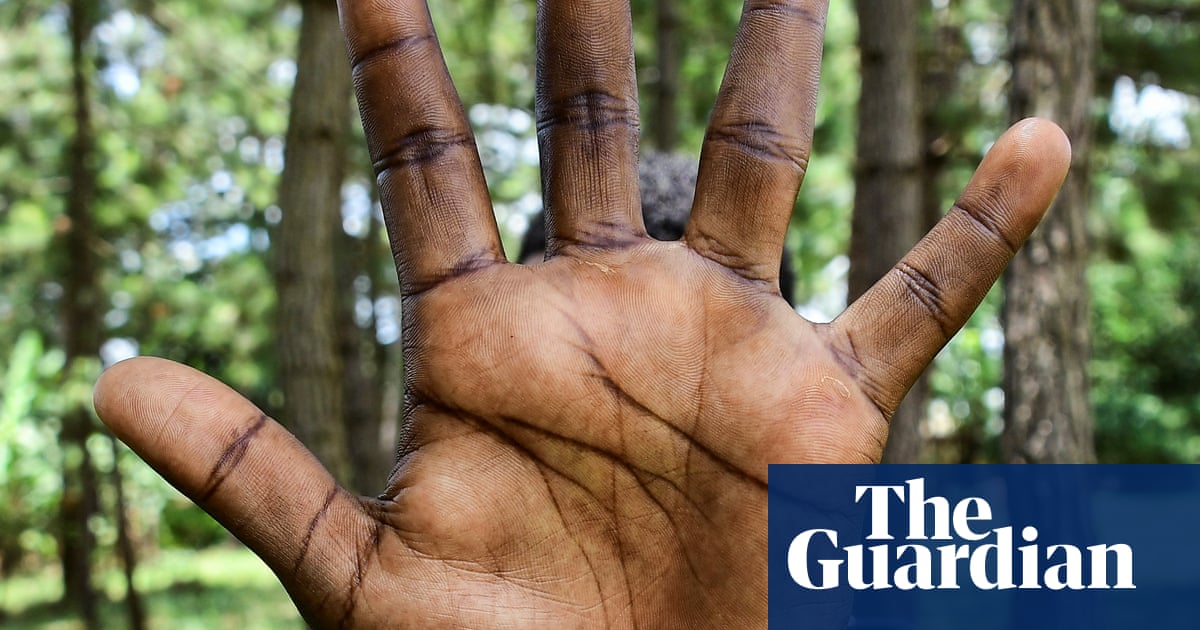The Ugandan authorities have “unleashed abuse”, perpetrating widespread discrimination and violence againstLGBTQ+people in the two years since the world’sharshest anti-gay lawswere enacted, according to a new report by Human Rights Watch (HRW).
The government’s policies inUgandahad encouraged attacks and harassment against people and organisations seen as being supportive of gay rights, said researchers from the rights group.
Public figures in the east African nation have engaged in virulent homophobic rhetoric and human rights’ violations before and since the controversial law was enacted in May 2023.
“Authorities have raided and suspended nongovernmental organisations, conducted arbitrary arrests and detentions, engaged in entrapment via social media and dating apps, and extorted money from LGBT people in exchange for releasing them from police custody,” said the authors ofThey’re Putting Our Lives at Risk: How Uganda’s Anti-LGBT Climate Unleashes Abuse, which was released on Monday.
It said the state had created an environment allowing “impunity for attacks” and “for sexual and other forms of violence against LGBT people”.
Uganda’s autocratic president, Yoweri Museveni,signed the bill into lawin May 2023 amid widespread international outrage. It prescribes the death penalty for “aggravated homosexuality”, drawing strong condemnation from human right campaigners.
The UN high commissioner for human rights, Volker Türk, called the legislation“shocking and discriminatory”.
Researchers interviewed 59 people, including families, rights organisations, activists, journalists and parliamentarians between August 2022 and April 2025. The organisation wrote to several government offices and officials to request information, but none responded.
Oryem Nyeko, a senior HRW researcher, said: “For the last two years, LGBT Ugandans have suffered a range of abuses because of the government’s wilful decision to legislate hate against them.
“The Ugandan authorities need to urgently improve this environment, which enables a wide range of human rights violations and puts countless Ugandans at serious risk of abuse,” he said.
The Human Rights Awareness and Promotion Forum (HRAPF) reported last July that 667 of the cases handled by its legal aid network in the previous 14 months involved human rights violations affecting 850 LGBTQ+ people. These included evictions, violence and arrests.
Clare Byarugaba, a LGBTQ+ rights activist in the capital, Kampala, said: “The human cost of the draconian anti-homosexuality law is very high, and this new report by HRW provides further evidence of the consequences of Uganda’s state sponsored homophobia and transphobia.
“Continued enforcement legitimises discrimination, exclusion and violence. We need protection, not criminalisation,” she said, adding that the bill was unconstitutional and did not reflect the values of a democratic nation.
“We want to live in Uganda as productive citizens without the threat of criminalisation and violence at every waking moment,” she said. “Our human rights are inherent and have never been up for debate.”
Uganda’s human rights record continues to deteriorate under Museveni’s four-decade-long rule. HRW is calling on the authorities to stop their clampdown and put an end to hate speech.
In April last year, Uganda’s constitutional courtrejected a petition to overturn the bill, upholding its most radical and abusive provisions.
Nyeko said: “The state-sanctioned bigotry and discrimination that has only become more entrenched in Uganda over the past two years has no place in a society that upholds human rights and the rule of law.
“Uganda should end its assault on LGBT people and choose a future of dignity, equality and freedom for all those who live there,” he said.
